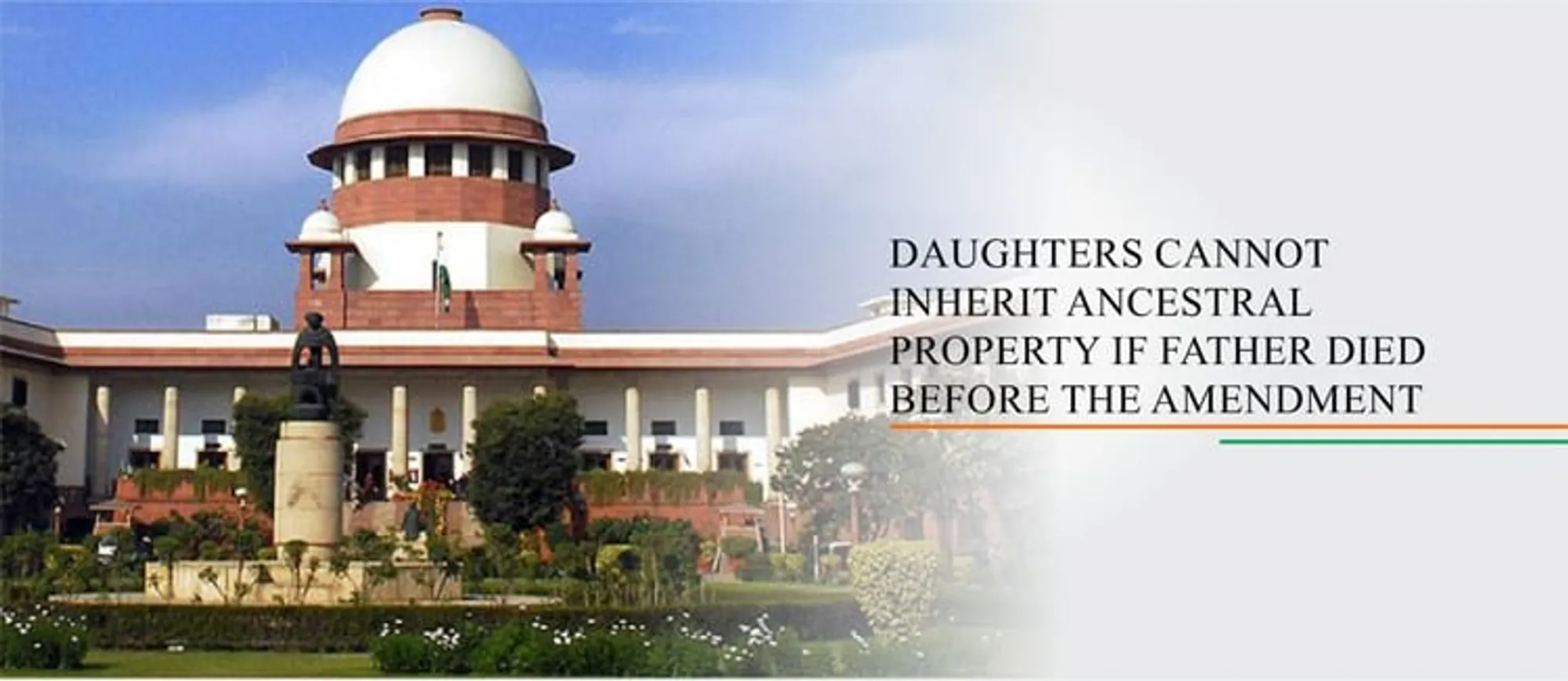US goods and services trade with India totaled an estimated $114.8 billion in the year 2016.FEATURES The partnership provides some more transparent US licensing arrangements for Indian imports of sensitive items and technology. The relation was boosted with the conclusion of an open skies arrangement between two nations in 2005. India US Agricultural Alliance agreed […]
Trade Between India And US









